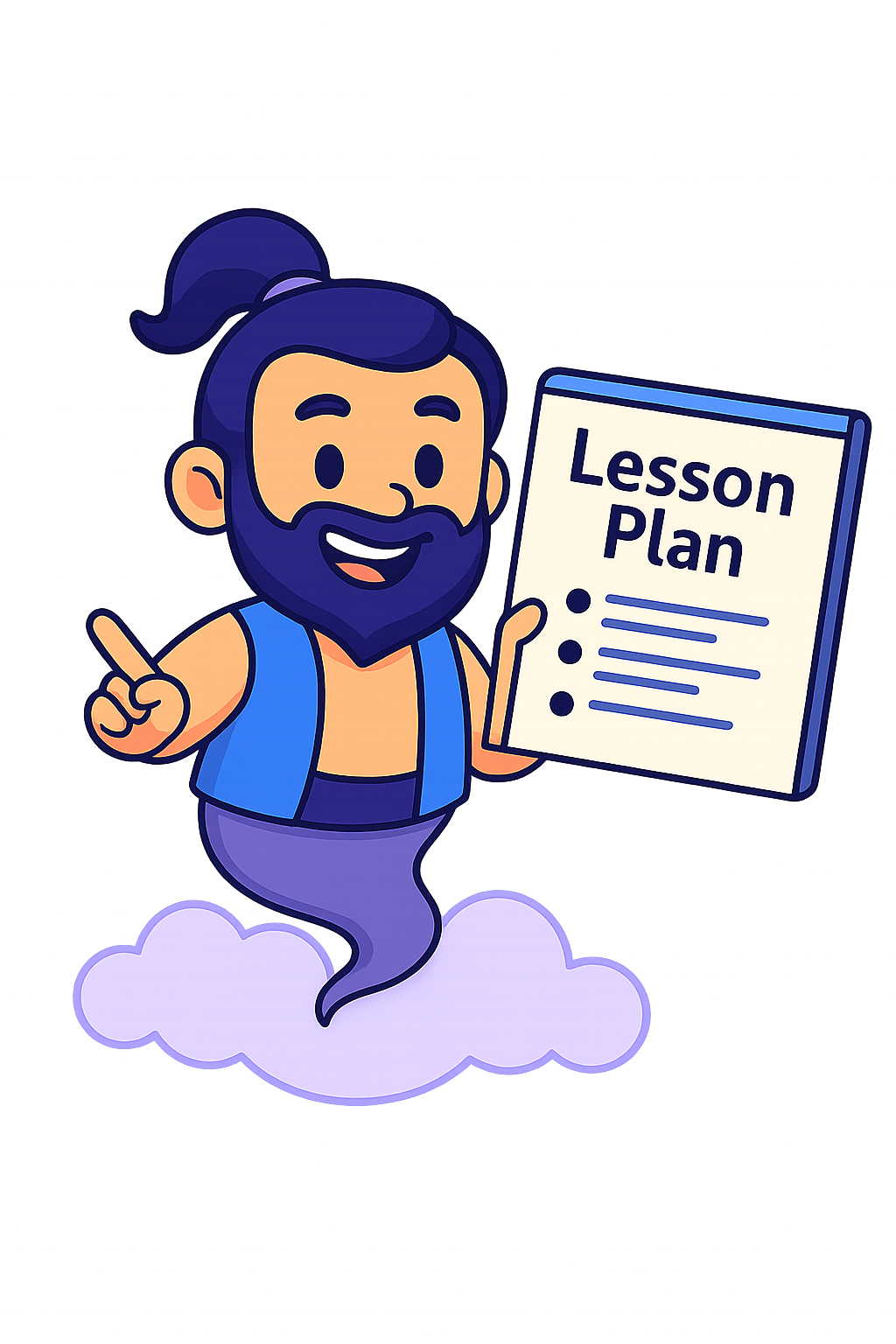 Writing with Clear and Precise Language
Writing with Clear and Precise Language
Objective: Students will learn how to use clear and precise language in their writing to effectively convey ideas and information, directly addressing the standard 8.W.2d.
Learning Objectives
- Understand the difference between vague and precise language.
- Practice identifying vague words and replacing them with clearer alternatives.
- Apply precise language in writing sentences and short paragraphs.
Materials Needed
- Notebook or writing paper
- Pencil or pen
- Example paragraphs with vague language
- Worksheet for practice rewriting sentences
Key Vocabulary
- Precise Language
- Words and phrases that clearly and accurately express ideas without confusion.
- Vague Language
- Words or phrases that are unclear or not specific, making it hard to understand the meaning.
- Revision
- The process of reviewing and improving writing to make it clearer and better.
Detailed Activities
Identifying and Revising Vague Language
- Begin by explaining the importance of clear and precise language in writing.
- Read aloud example sentences or short paragraphs containing vague language.
- Ask the student to identify words or phrases that are unclear or too general.
- Together, brainstorm more precise and specific words to replace the vague language.
- Have the student rewrite the sentences or paragraphs using the precise language discussed.
- Review the revised writing and discuss how the changes improved clarity.
Writing Practice with Precise Language
- Provide the student with a simple topic or prompt to write about.
- Encourage the student to think carefully about the words they use to describe ideas.
- After the first draft, help the student review their writing to find vague words.
- Guide the student to revise their writing by replacing vague words with precise terms.
- Discuss the improvements and praise the student’s effort in using clear language.
Parent & Instructor Notes
- This lesson focuses on helping your child understand how important it is to choose clear and specific words when writing.
- Encourage your child to take their time when revising writing and to think about how their word choices affect the reader’s understanding.
- You do not need to be an expert writer; your role is to guide your child by asking questions and helping them find better words.
Assessment Questions
- What is the difference between vague language and precise language?
- Can you find a vague word in this sentence and suggest a clearer word instead?
- Why is it important to use precise language when writing?
Extension Ideas
- Have your child write a short story or description using only precise language.
- Create a vocabulary list of precise words related to your child’s favorite topic for future writing projects.
- Practice reading books together and identifying examples of clear and precise language.
Frequently Asked Questions
Encourage your child to use a thesaurus or ask you for help brainstorming better words. It’s normal to need support at first.
Try to include revising practice weekly or whenever your child completes a writing task. Regular practice helps build these skills.
Yes, clear language improves communication in all subjects, including science, social studies, and everyday writing.
Teacher’s Guide
Common Misconceptions:
- Students may think longer or more complicated words are always better.
- Children might confuse precise language with using fancy or difficult vocabulary.
- Some students may believe any word that sounds good is clear, even if it is vague.
Scaffolding Ideas:
For Struggling Students:
- Provide word banks with precise vocabulary to choose from.
- Work together on rewriting sentences before independent practice.
- Use pictures or real objects to help explain word meanings.
For Advanced Students:
- Challenge students to write paragraphs using multiple precise domain-specific words.
- Encourage creating their own word lists for different subjects.
- Have students explain why they chose particular words in their writing.
Pacing Recommendations:
- Spend about 15 minutes introducing and discussing precise vs. vague language.
- Allow 20 minutes for guided practice with sentence revision.
- Use the remaining 10 minutes for independent writing and review.
Standards
- 8.W.2d — Use precise language and domain-specific vocabulary to inform about or explain the topic.
Printable Worksheet
Plan Your Own Lesson
Looking for a custom lesson plan? Try our Lesson Planning Generator — create standards-based plans for any topic, instantly!
Common Core Aligned Lesson Plans
Looking for another common core lesson? See all of the lesson plans here.
More Free Lesson Plans
We’re adding more every week! Check back soon or explore all our lesson plans here.

 Writing with Clear and Precise Language
Writing with Clear and Precise Language
Leave a Reply